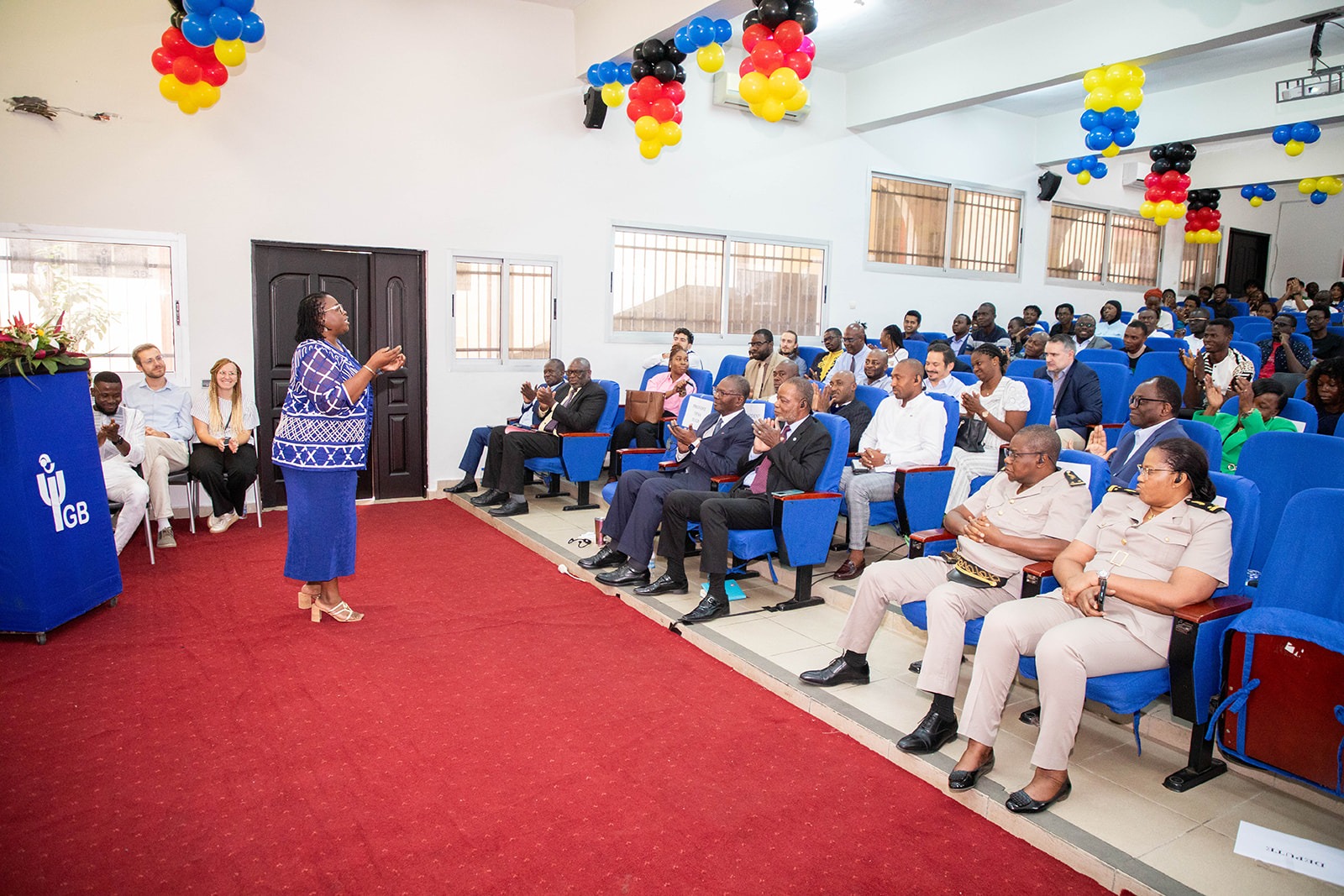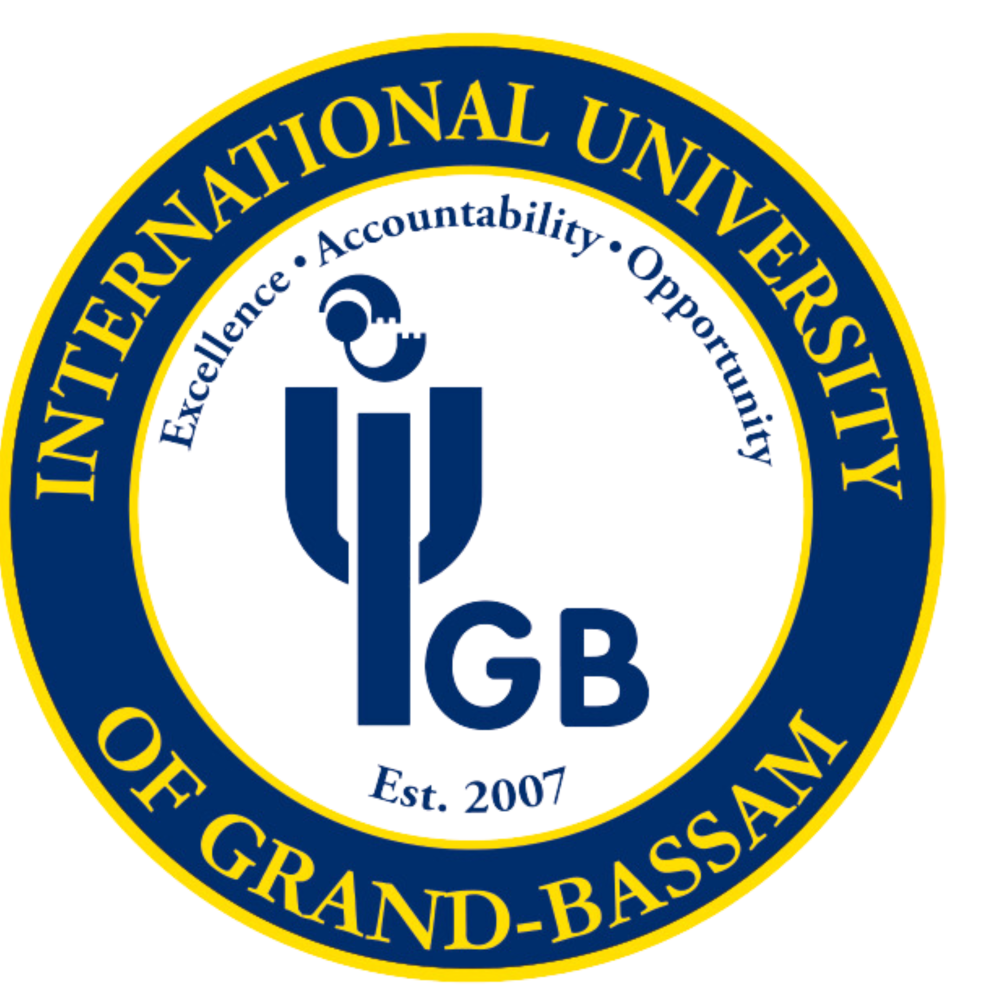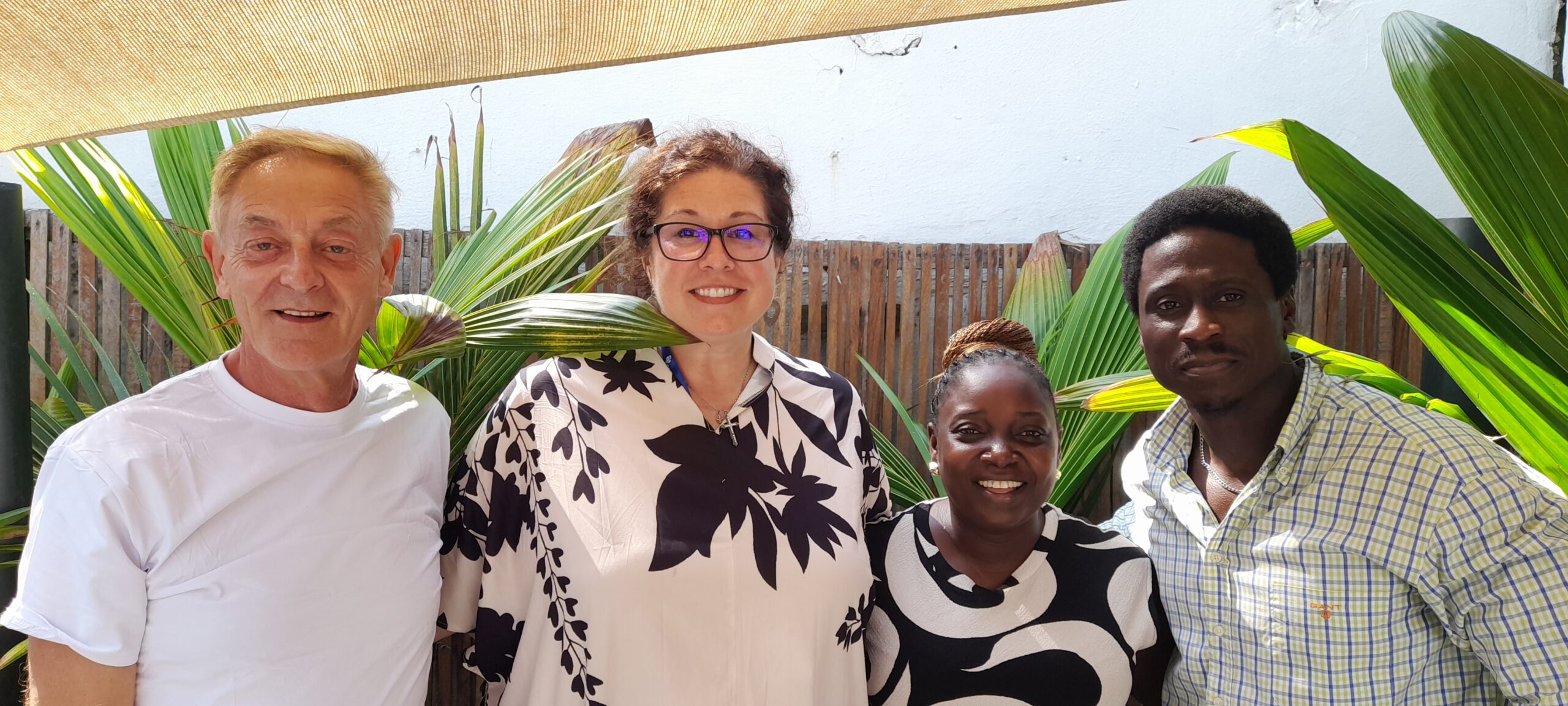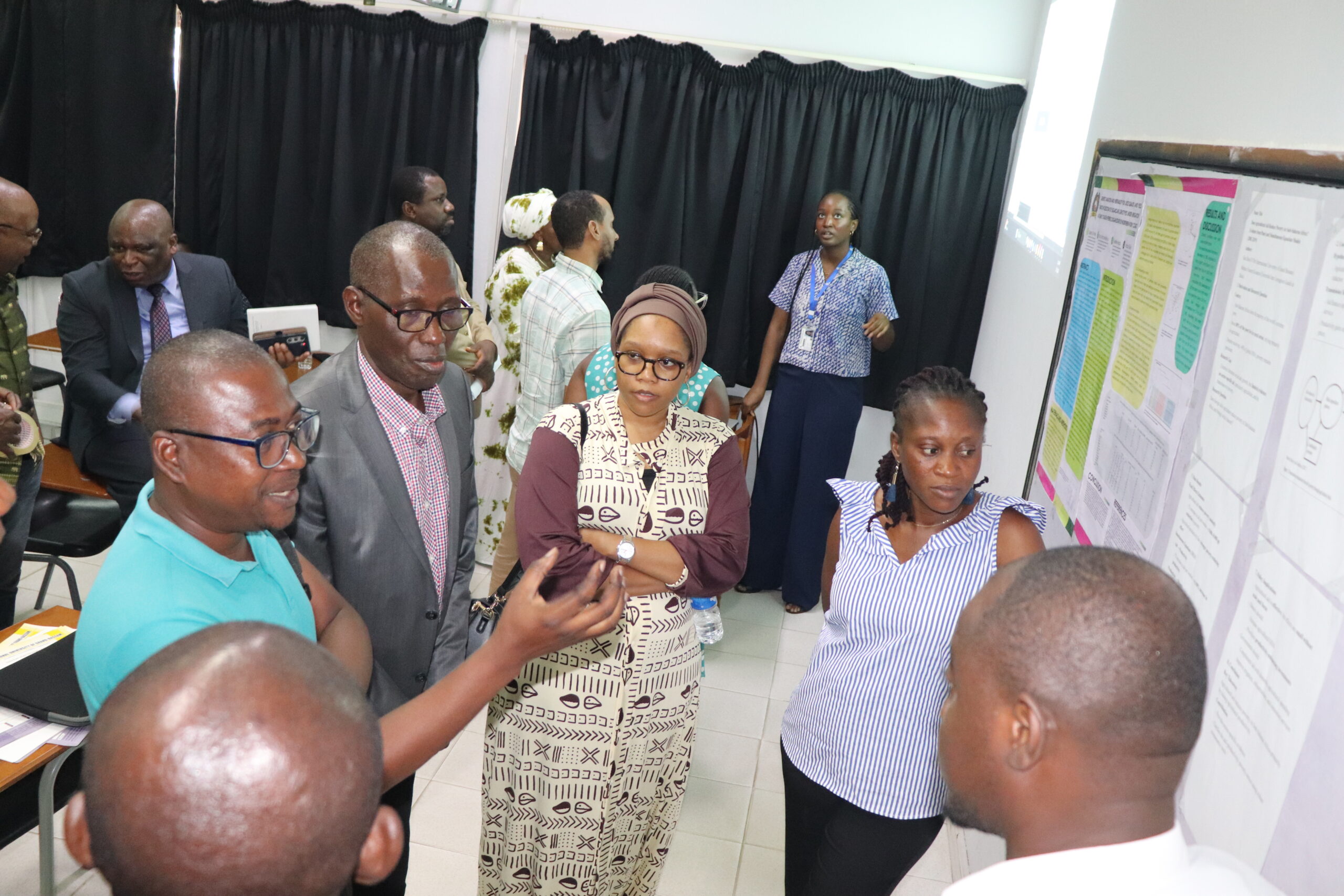ZECURA allows academic and practical collaborations
Via its travelling university, ZECURA allows academic and practical collaborations
among students of different countries. After several and successful traveling
universities in Uganda, Tanzania, and Ghana, the current version of ZECURA took
place at the International University of Grand-Bassam (IUGB) in Cote d’Ivoire.
In addition to knowing different traditions, habits, and cultures of others, ZECURA
allowed the international students from different institutions and different countries to
jointly work and together address issues relevant to vital aspects of life.

During 8 days of intensive workshops, field trips, and industrial meetings, the IUGB
students with their partners of the travelling university tackled and worked on the
issues and problems of finding innovative, efficient, practical, resilient, sustainable,
and optimum ways of treating and managing waste, energy efficiency, energy
transition, renewable energy, wastewater, sanitation water, drinking water, and linking
all of these topics to the carbon footprint, zero carbon emission, and the IUGB green
campus project.
ZECURA has, as targets, to transfer knowledge, expertise, and strategies focusing
on the circular economy for the urban resilience using the partner institutions as
incubators for the pilot phases. After successful implementation of the strategies for
the circular economy in the partner institutions, the strategies can be extended to the
hosting cities and towns, to the neighboring regions, and then, to all over the country.
These kinds of mixtures between theoretical and practical activities are, I believe,
what we need for the resilient development and sustainable approaches of our city,
region, and country.

Various projections and statistics conclude that several African cities, including
Abidjan, will attain, by 2080, the status of the megacities with, at least, 10 million
population. The constant growth of the African population generally, and the Ivorian
population particularly means the necessity and needs of additional resources in
terms of foods, drinking water, energy demand, waste generation, better control of
the carbon footprint, and other modern services. This also requires and necessitates
finding other alternative and innovative approaches to efficiently analyze and better
satisfy these requirements through the circular economy.
Other benefits of these kinds of international collaborations between African students
and those of the overseas could also be an opportunity for Africa to have adequate
skilled, qualified, and well-trained hands for the transformation of the African
agricultural raw materials such as cocoa, cashew nuts, natural rubbers, etc. as well
as of the underground raw materials such as gold, diamond, petroleum, natural gas,
etc. into value-added and finished products.




